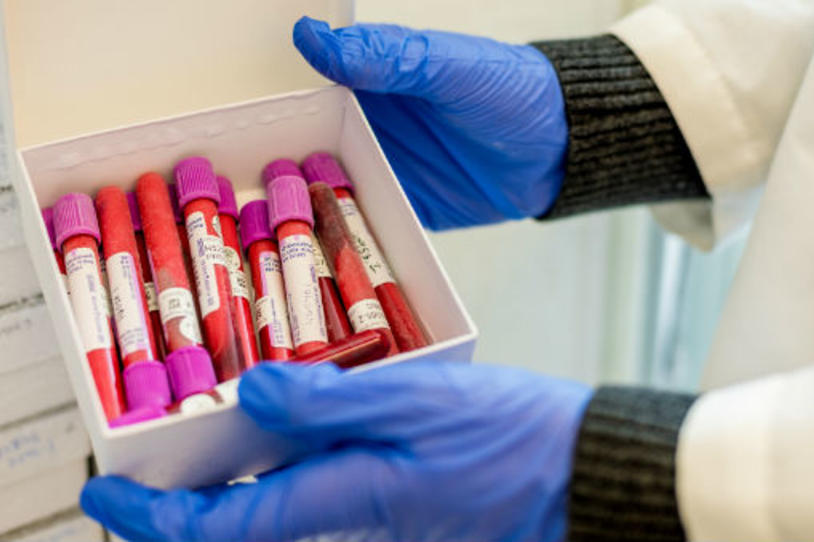
Therapeutic projects against top target protein alpha-synuclein continue to march through clinical testing and closer to patient hands. Yesterday biotechnology company Prothena announced results from its Phase Ib trial of PRX002, an antibody under investigation as a treatment to slow or stop Parkinson's disease progression.
The trial showed the therapy is safe and tolerable, the primary aim of the study. Prothena announced, too, that the drug gets into the central nervous system well and reduces levels of alpha-synuclein in blood serum. PRX002 is the focus of a collaboration between Prothena and pharmaceutical company Roche.
"These Phase Ib data further support our belief that we can choose doses that target and saturate aggregated pathogenic alpha-synuclein in the brain for a Phase II study to further explore the potential of PRX002 as a disease-modifying treatment for Parkinson's disease. Together with Roche, we expect to initiate a Phase II study in 2017," said Gene Kinney, PhD, president and CEO of Prothena.
The Michael J. Fox Foundation did not fund this study, but we are working with Prothena on ways to measure Parkinson's progression, which may help test therapies against alpha-synuclein.
Read more about Prothena's study and results in the company's press release. We'll share more in the future on where the Phase II will take place and who is eligible to participate.
Alpha-synuclein is the primary component of protein clumps called Lewy bodies that scientists believe are toxic to cells and cause the symptoms and progression of Parkinson's disease. Introducing an anti-alpha-synuclein antibody -- the body's natural immune system fighters -- is one way researchers aim to stop the spread of Lewy bodies and slow disease.
Join our webinar on November 17 to learn more about this and other strategies against alpha-synuclein with potential to stop Parkinson's.
